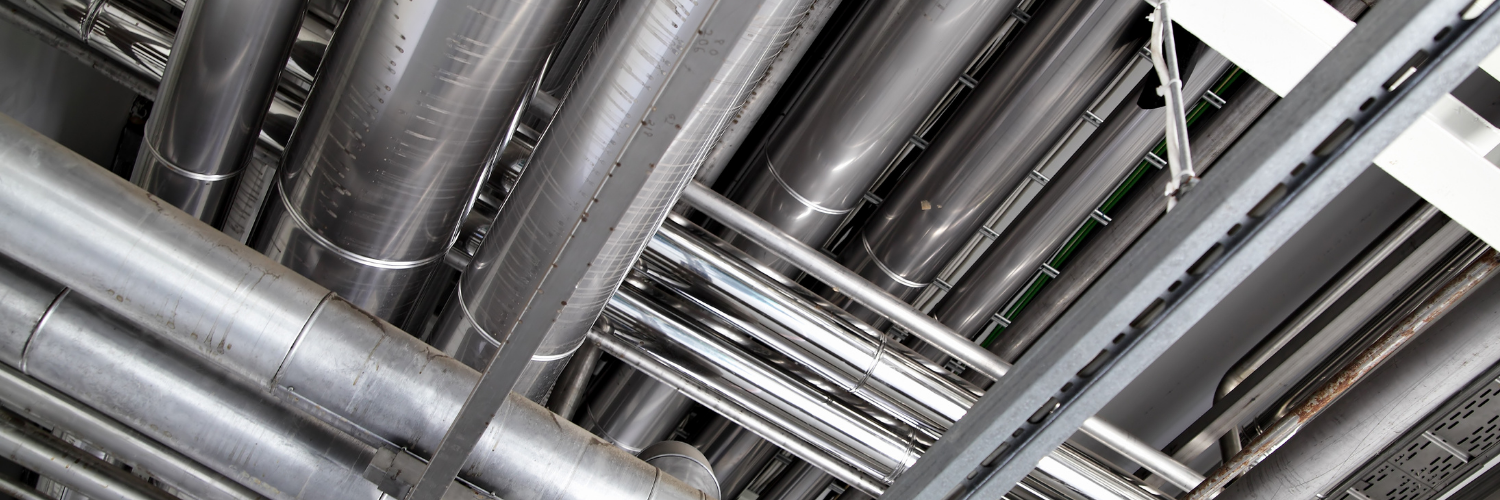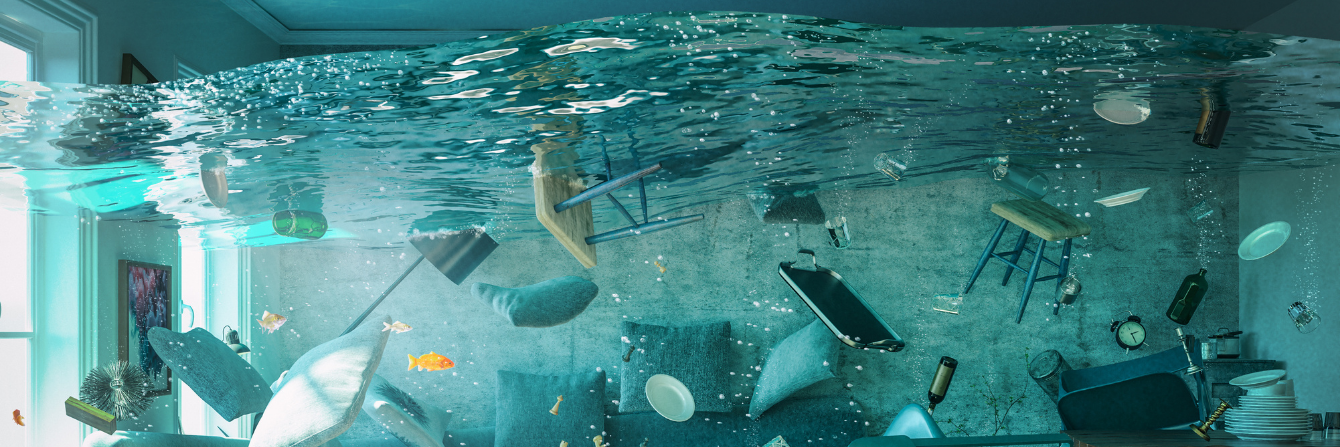Floods can be caused by a variety of things, from burst pipes to rivers breaking their banks. Whatever the cause, water damage can be devastating to home owners. Possessions can be irreparably damaged and the aftermath of mould can be a problem for weeks. However, if you have a plan and move swiftly you can make your flood recovery as painless as possible.
What You Should Do In The First 24 Hours...
1. Stop The Flow of Water
This may seem obvious, but you should address the source of the leak immediately. If this is from a burst pipe then you should immediately shut off your home's water supply to stop the problem from getting any worse. The main water shut off valve is usually located wherever the water enters the home, so garage or cellar.
This is why it's always important to know where the valve is and to turn it every so often so it doesn't cease up and is easy to shut off in the event of an emergency.
2. Electrical Safety
This should be your first concern when dealing with the aftermath of a flood, particularly if the incident has occurred near wiring or sockets. Depending on the scale of the damage, you should take action to minimise the risk of fire. If you've had a small leak then turn off the circuit breakers for everything near the leak. If it's a larger scale flood then you should shut off the entire circuit. If you have standing water in your home then you'll need to get the electric company to completely shut off the electricity before you go wading in.
If you aren't familiar with your circuits or have any doubt about what to do, contact a qualified electrician immediately.
3. Report The Damage
Once you are sure that the water and electricity are off and the house is safe, you should immediately contact your insurer. Many insurers move quickly with flood damage, but they will often need to send out an assessor and this takes time, so getting in touch with them as soon as possible will get the process started. You should also take your own photos of the damage before you clean up as that's what you want the insurance company to see and you don't want them to contest your claim just because you made it look better before an assessor came to see it.
4. Get In The Professionals
It's always worth calling a professional in to help with the clear up. Missed areas of damp or missed steps in the recovery process can increase the risk of mould, which can take a long time to overcome.
5. Get It Dry
Get rid of any standing water you can find using an electric pump and remove all water damaged items from the home, including carpeting, underlay and furniture.
Open the windows and use fans to blow the damp air outside. You will also need to dry out the walls of your property. How to do this will depend on what the interior and exterior walls are made of. It's worth getting some advice on what's the best course of action for your property.
If you need help with recovery after a flood or would like help and advice on preventing plumbing emergencies, then call Leeva Plumbing and Heating on 01773 749 713.
WANT US TO CALL YOU BACK?
 Click to choose a time & date...
Click to choose a time & date...
Recent Posts
- Stay Warm This Winter: Essential Boiler Servicing Tips for Homeowners in Ripley, Belper & Alfreton
- Luxury Bathroom Ideas for a Spa-Like Experience at Home in Ripley, Belper, and Alfreton
- Why Plumbing Problems Always Happen Right Before Guests Arrive
- Maximising Small Bathroom Spaces: Expert Tips for Ripley, Belper, and Alfreton Residents
- Top 10 Plumbing Tips for Homeowners in Ripley, Belper, and Alfreton

Need a reliable plumber or heating engineer?
Our experienced and helpful team are always happy to help
PHONE
(01773) 749 713
sales@leevaplumbing.co.uk
WEBSITE
www.leevaplumbing.co.uk
ADDRESS
Unit 6.1 Derwent Business Park,
Heage Road,
Ripley
DE5 3BZ


